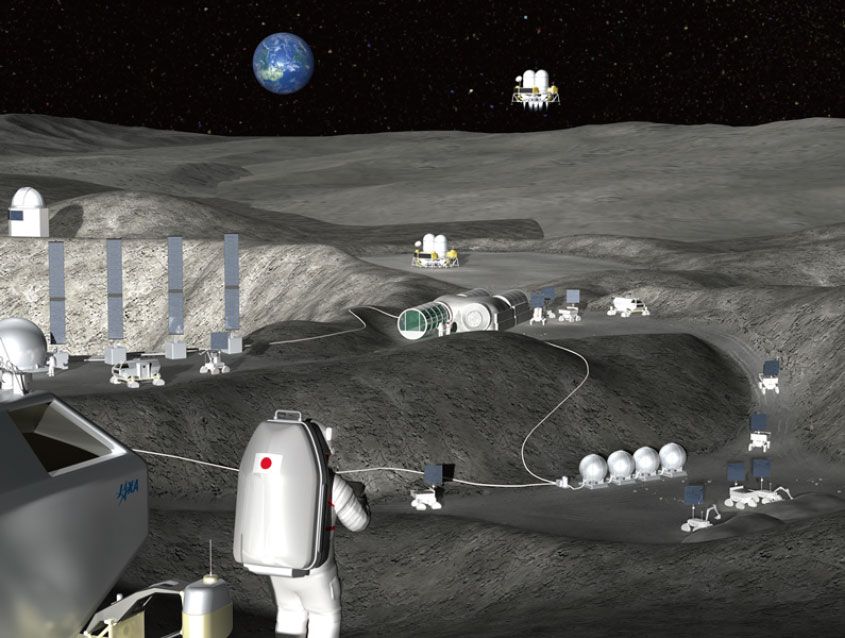I'm a student and I usually try to theme my projects around space and planets. Mars is pretty current in the headlines and popular so I want to find different areas to study.
For instance, does anyone here think we can build a self-sustaining station on the moon where people can live? Any article links and research papers are welcome.
Thank you
For instance, does anyone here think we can build a self-sustaining station on the moon where people can live? Any article links and research papers are welcome.
Thank you





